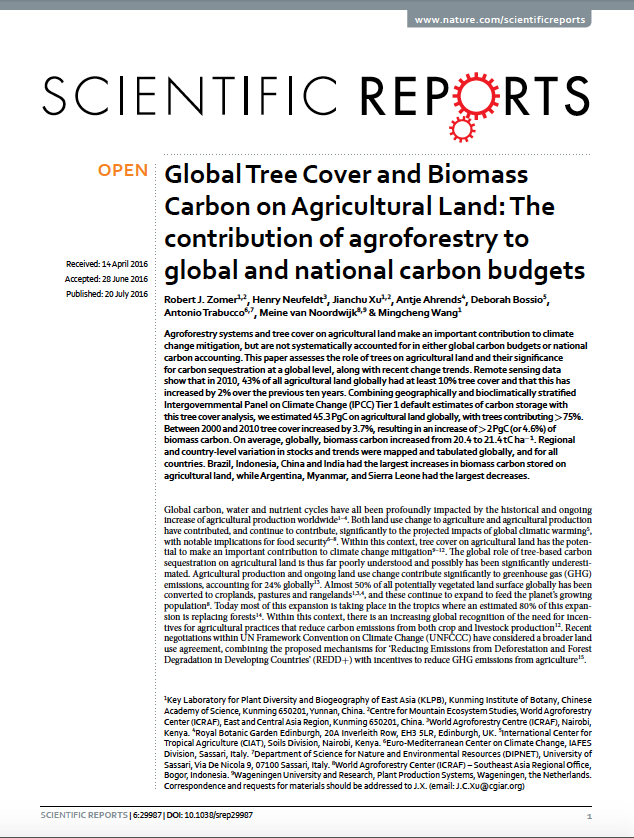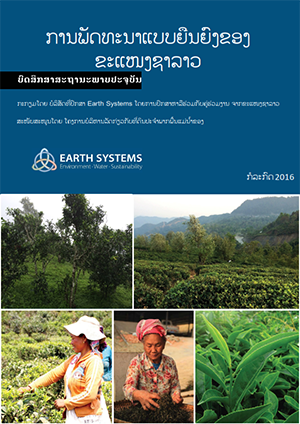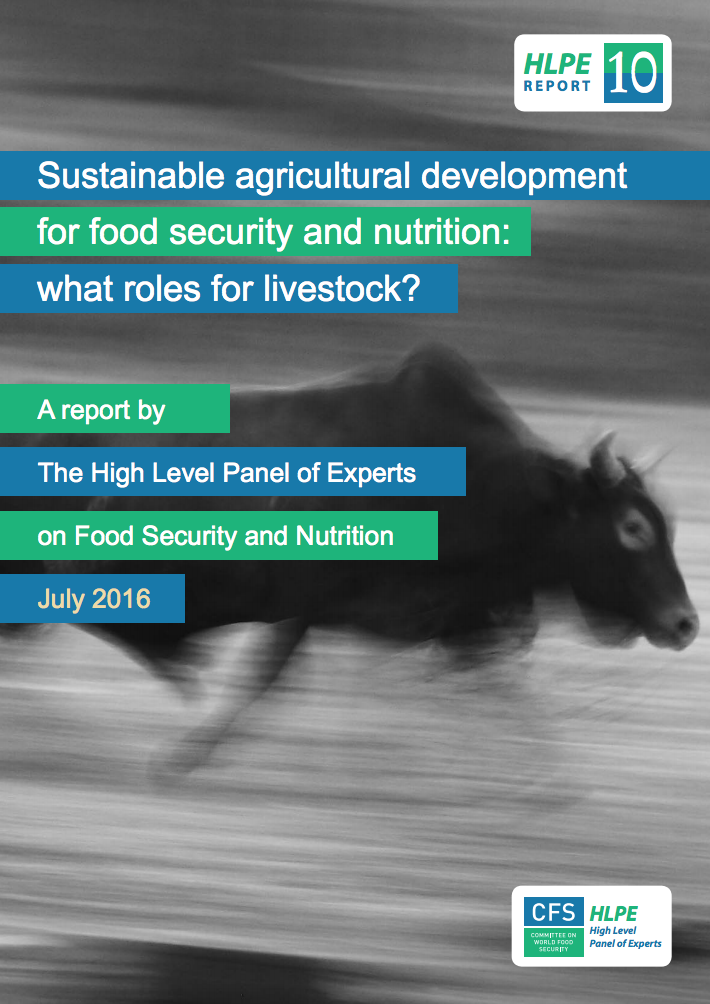Making Public Land Work
Shared Assets works with landowners and social and community enterprises to develop innovative ways of managing land for the common good, be it parks, farmland, woodlands, waterways, or other spaces. We also look for ways to create an environment that allows these models to thrive. One issue that comes up repeatedly is the crucial role of local authorities, both as landowners and commissioners of land-based services.









